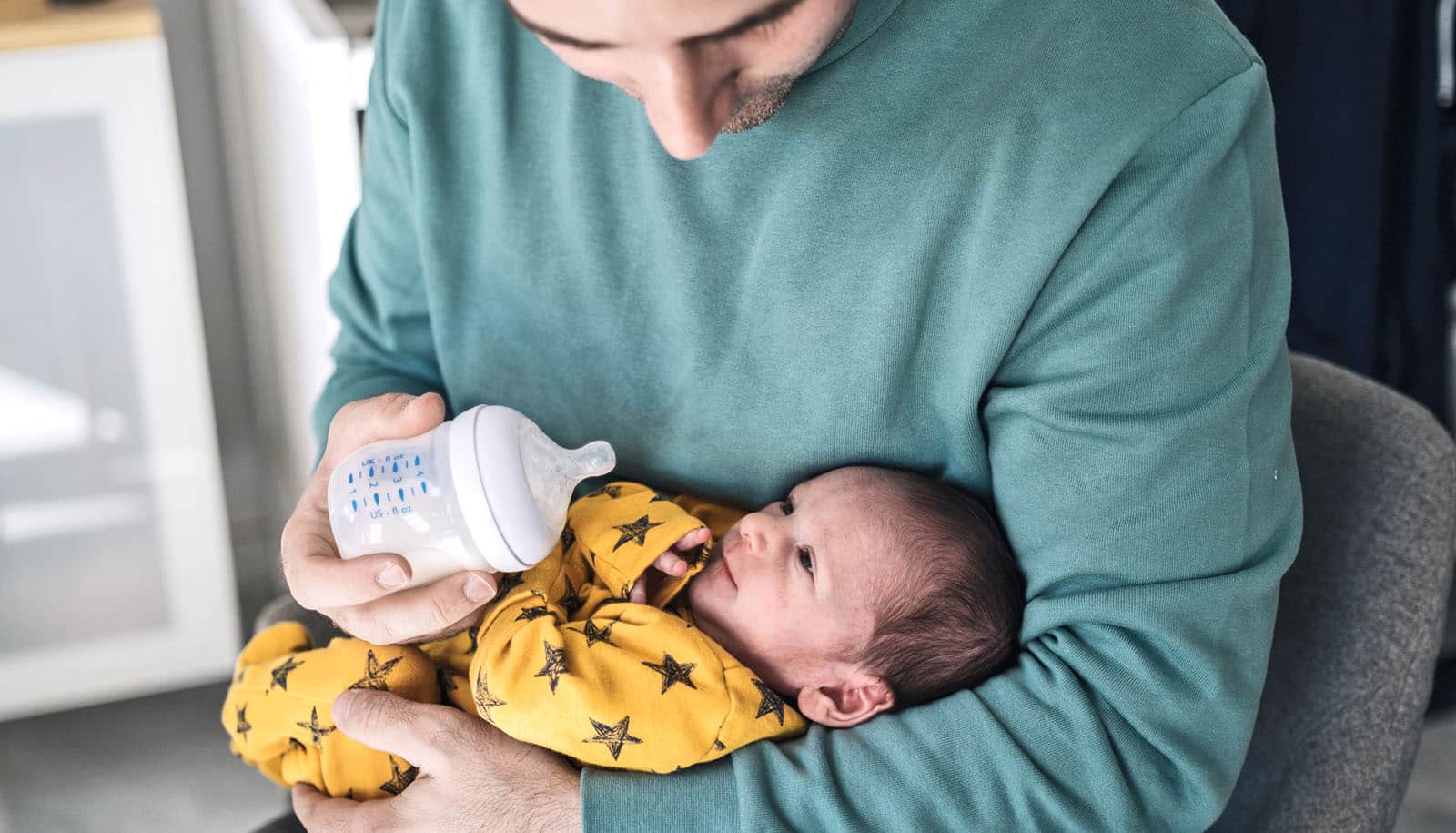Children who grow up with their fathers under the same roof tend to feel close to them, forming strong relationships that last through challenging teenage years, according to a new study.
Living in the same home, especially in recent years, was the strongest predictor of a close father-child bond during adolescence, regardless of whether the parents were married.
Researchers focused on father-child relationships, which are studied less frequently than mother-child relationships, to better understand adolescent development.
The study, which appears in a special issue of the journal Family Relations, showcases how social scientists are using advanced machine learning to break new ground in the study of families.
“Fathers are often left out of research, but their perspectives matter,” says Kaitlin Ward, a University of Michigan researcher in the School of Social Work and study coauthor. “It can be challenging to study fathers because there’s often less data available about them.”
For example, in long-term studies, mothers are more likely to respond to surveys than fathers, so researchers often rely on mothers’ reports. The study was unique, as it included responses from thousands of racially and economically diverse fathers across the US. This paves the way for more inclusive and nuanced investigations into fatherhood.
This study shows how researchers can use available data from fathers themselves (nearly 3,000 participants in the Future of Families and Child Wellbeing Study), highlighting how their perspectives and experiences across childhood shape the quality of their relationships with their children.
The study’s results are straightforward: simple, consistent involvement from fathers builds closeness during adolescence.
“When fathers regularly talk to their kids, help with homework, and show interest in their lives, it strengthens their relationships over time,” says Garrett Pace, the study’s lead author and assistant professor at the University of Nevada-Las Vegas.
“These everyday interactions, especially in later childhood, are key to developing lasting closeness.”
Additional authors are from The Ohio State University and the University of Michigan.
Source: University of Michigan



